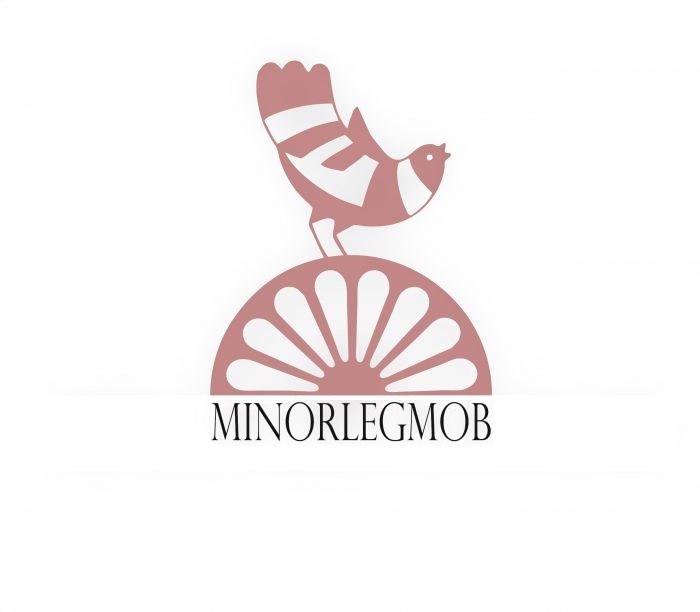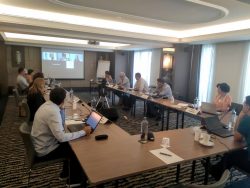The heavy involvement of the EU in the field of minority rights during the EU enlargement process to Central Eastern Europe (CEE) fostered the impression that problems related to national minorities had been largely resolved by the time the respective states joined the Union.
By contrast, recent research indicated that the level of minority rights protection seems to have stagnated or even deteriorated in the post-accession period, which is counterintuitive to the positive expectations that followed these countries’ EU integration. The argument put forth here is that scholarly accounts of minority rights in the region focus too much on the role of international protection while treating minority representatives as disempowered actors to be defended, and failing to consider their potential for action to assert the rights that formally belong to them.
The project’s interdisciplinary approach, combining legal studies with political science, will produce the first account of the agency and legal mobilisation of minorities in CEE, moving forward the scholarly debate beyond the current emphasis on structural conditions. The proposed research will therefore investigate the situation of minority rights through the lens of litigation and legal mobilization in two new EU Member States, Romania and Hungary and an EU candidate country, Serbia. The proposed project addresses four major, closely inter-related research questions: Which rights these minorities have claimed through litigation and which they have not, and what could explain their activism in some cases as opposed to others? Which legal mobilization strategies have led to favourable court decisions, which have resulted in negative rulings and what are the main factors accounting for these outcomes? Why some rights given by law are not enforced in practice? Finally: what could be achieved through litigation concerning minority rights in terms of policy reform and social change?
The project is coordinated and implemented by Beáta Huszka and supervised by Prof. Dia Anagnostou.
For further information please contact Beáta Huszka at [email protected]
Duration of the programme: 01/11/2019 – 31/10/2021
“This project has received funding from the European Union’s Horizon 2020 research and innovation programme under the Marie Sklodowska-Curie grant agreement No 842553”






